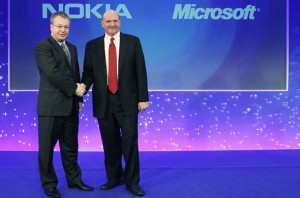As Canada Post predicts losses totalling $1,000,000,000 by the year 2020, the question remains of how to decrease these extensive deficits. Because technology is becoming increasingly important and useful in communication, information transported by mail has consequently been shrinking in popularity and demand. Many argue that the possible solutions of cutting out the delivery service or not offering same day delivery will simply harm the company even further as it will only continue to make the use of a mail service irrelevant. The Canadian government also plans to replace cheques with direct deposits by 2016, which will eradicate a large portion of Canada’s mail. And as pension plans for Canada Post employees remain high, the company is on a fast fall towards bankruptcy.
Mail service is arguably still essential for older generations, however, how long should the Canadian taxpayers continue to subsidize this dying service? Should we be looking to privatize this service by selling to companies like Fedex or UPS? Historically speaking, these private enterprises are more effective and efficient. Canada Post should be required to balance their books within the next 5 years and if they cannot budget that, then the company should start to plan for the end.
Financial Post: News; Canada Post ‘staring down’ billion dollar loss by 2020, report says; Armina Ligaya; http://business.financialpost.com/2013/04/23/canada-post-to-lose-1-billion-a-year-by-2020-conference-board/2/


